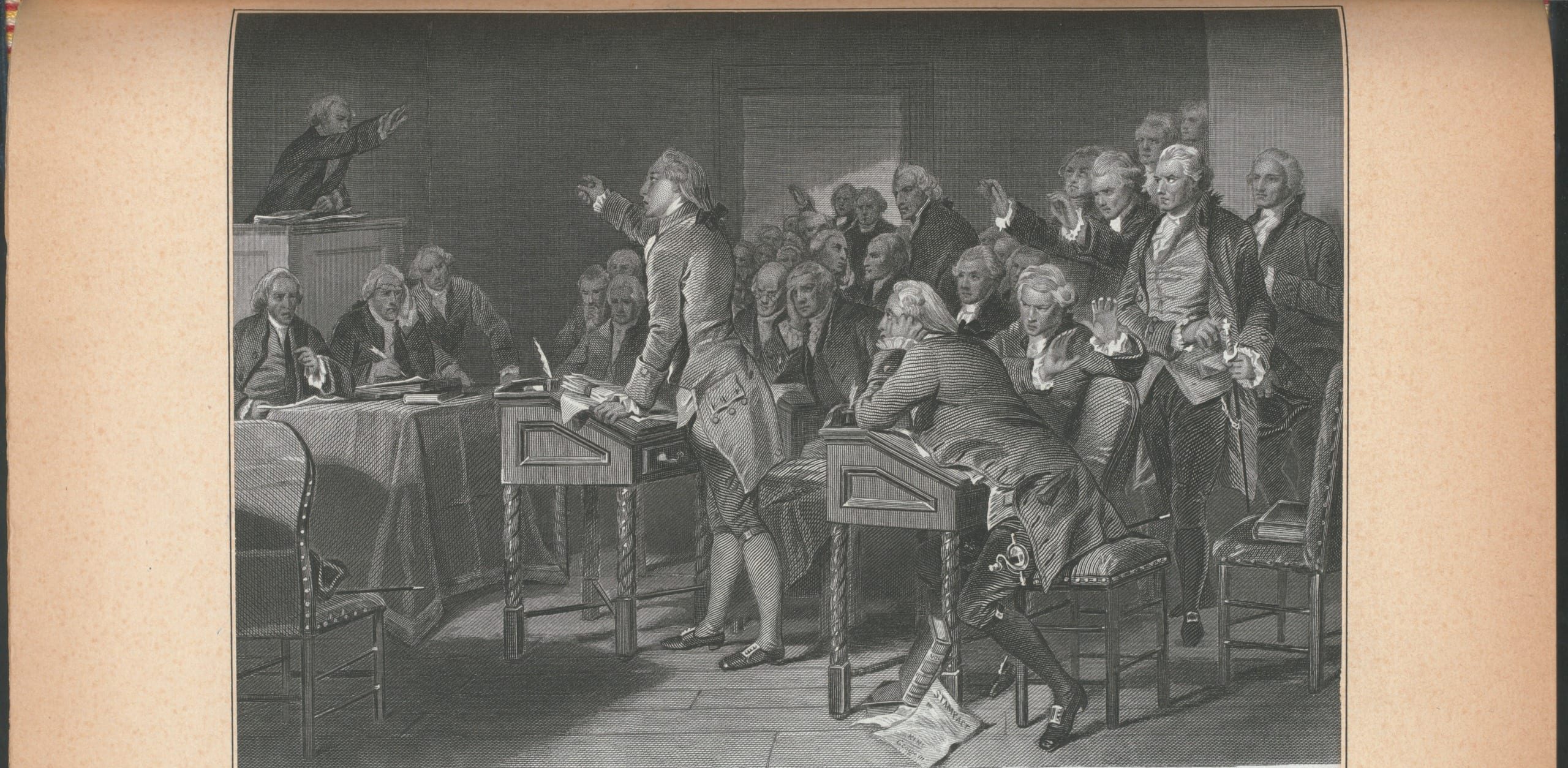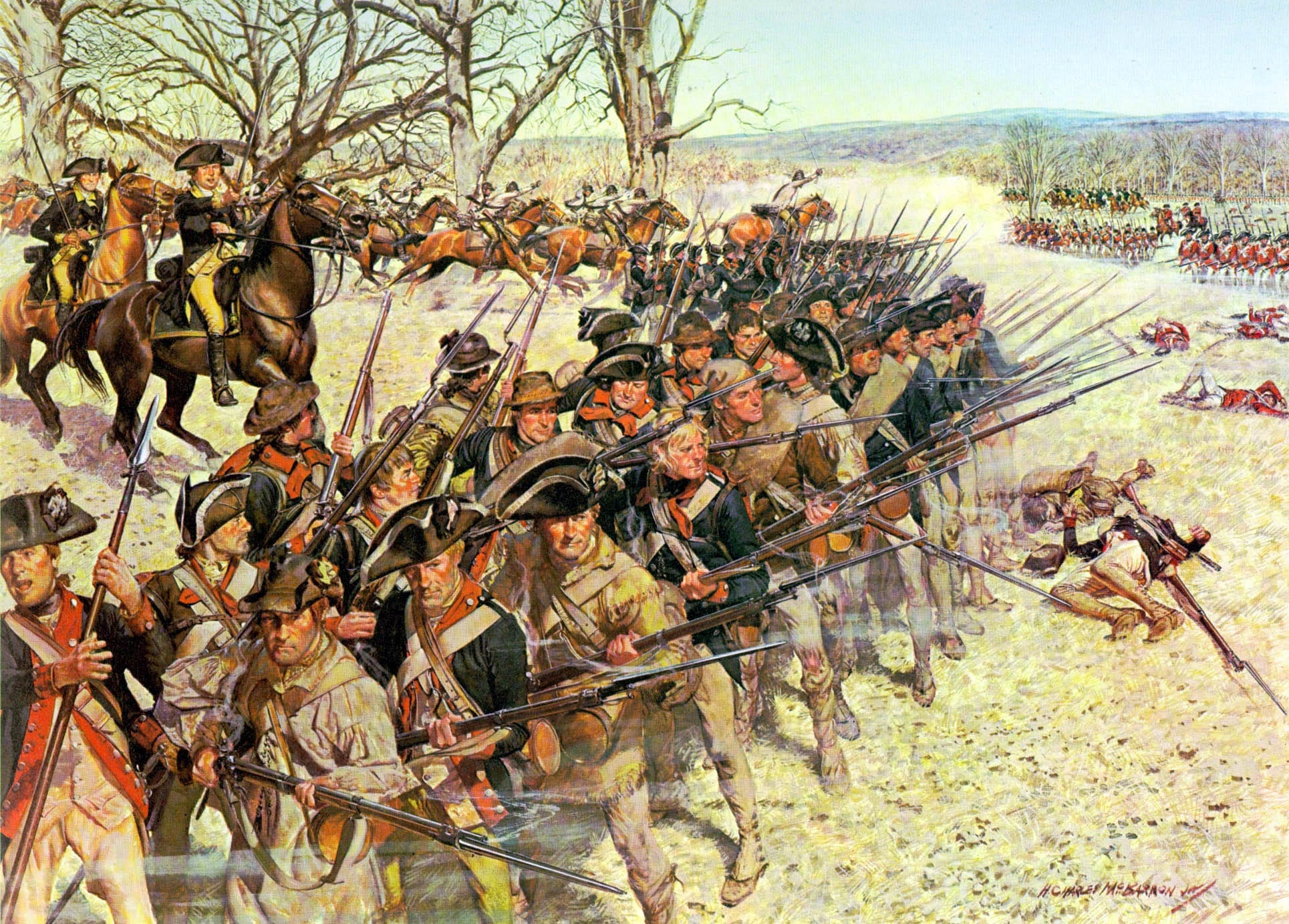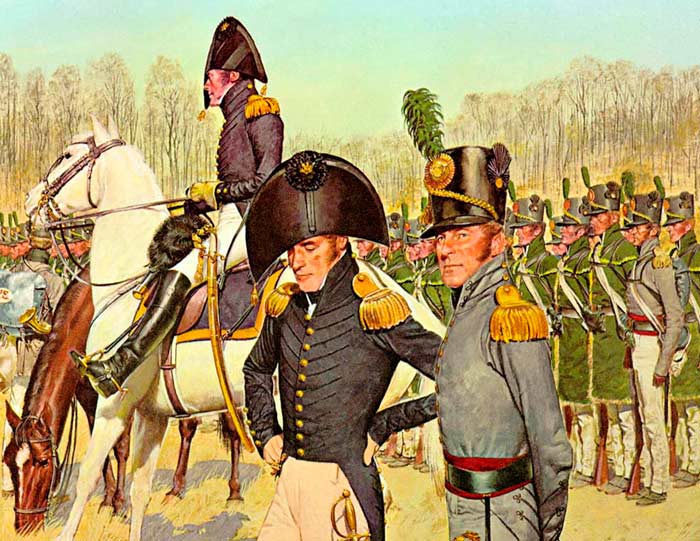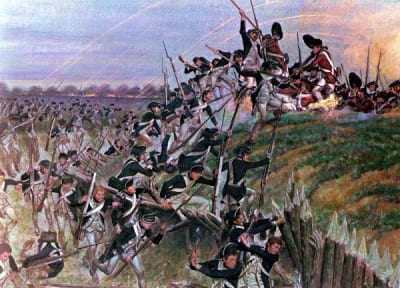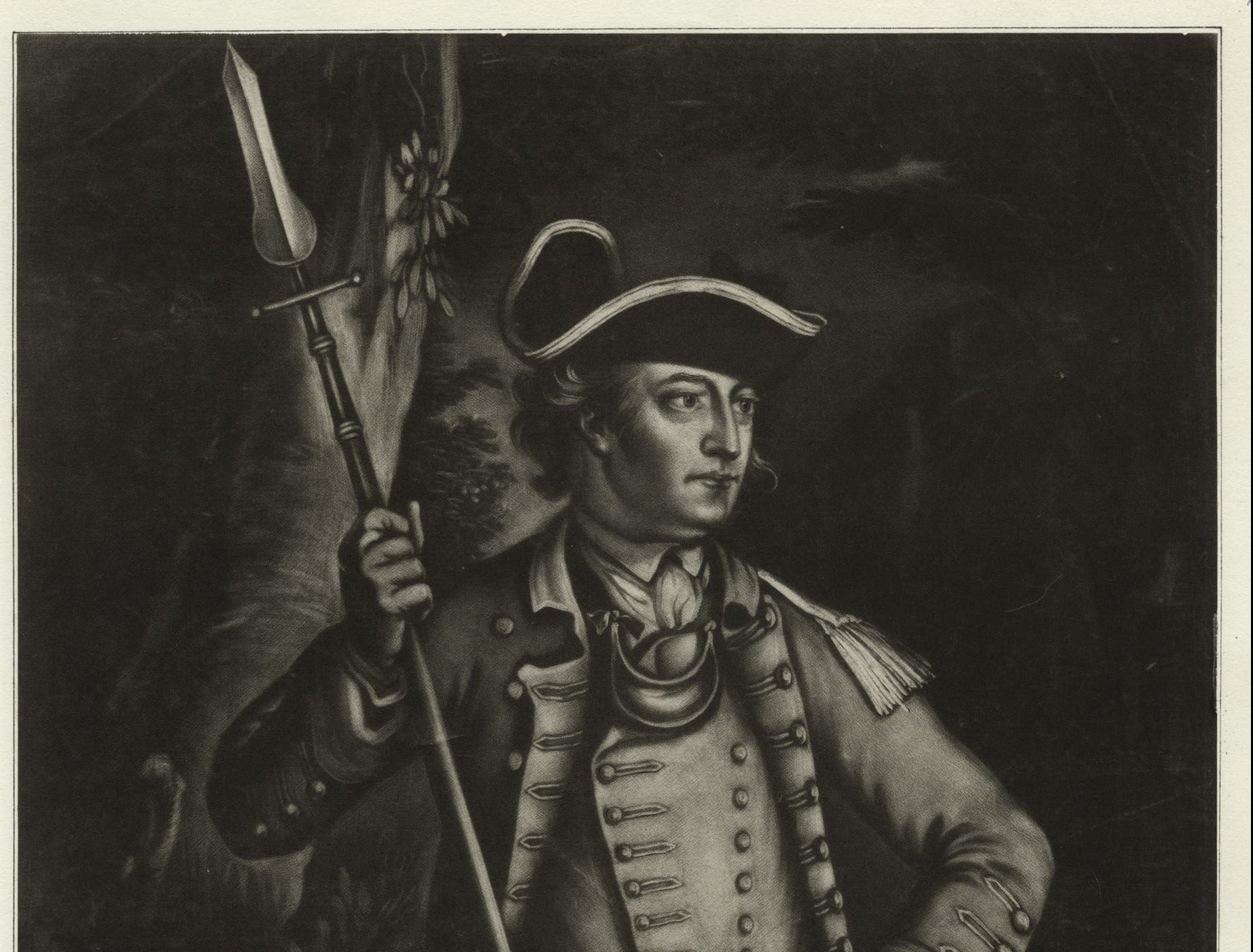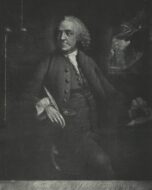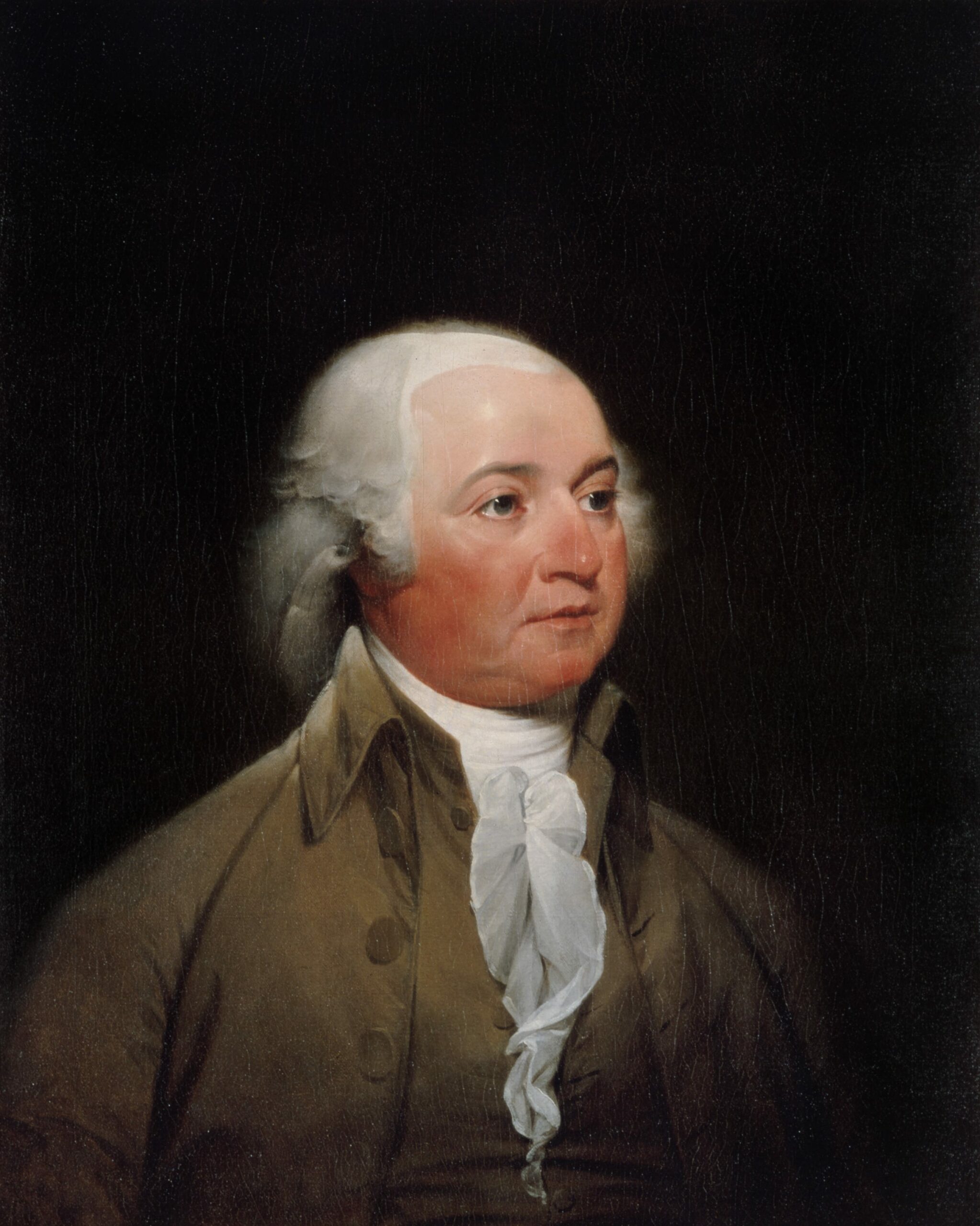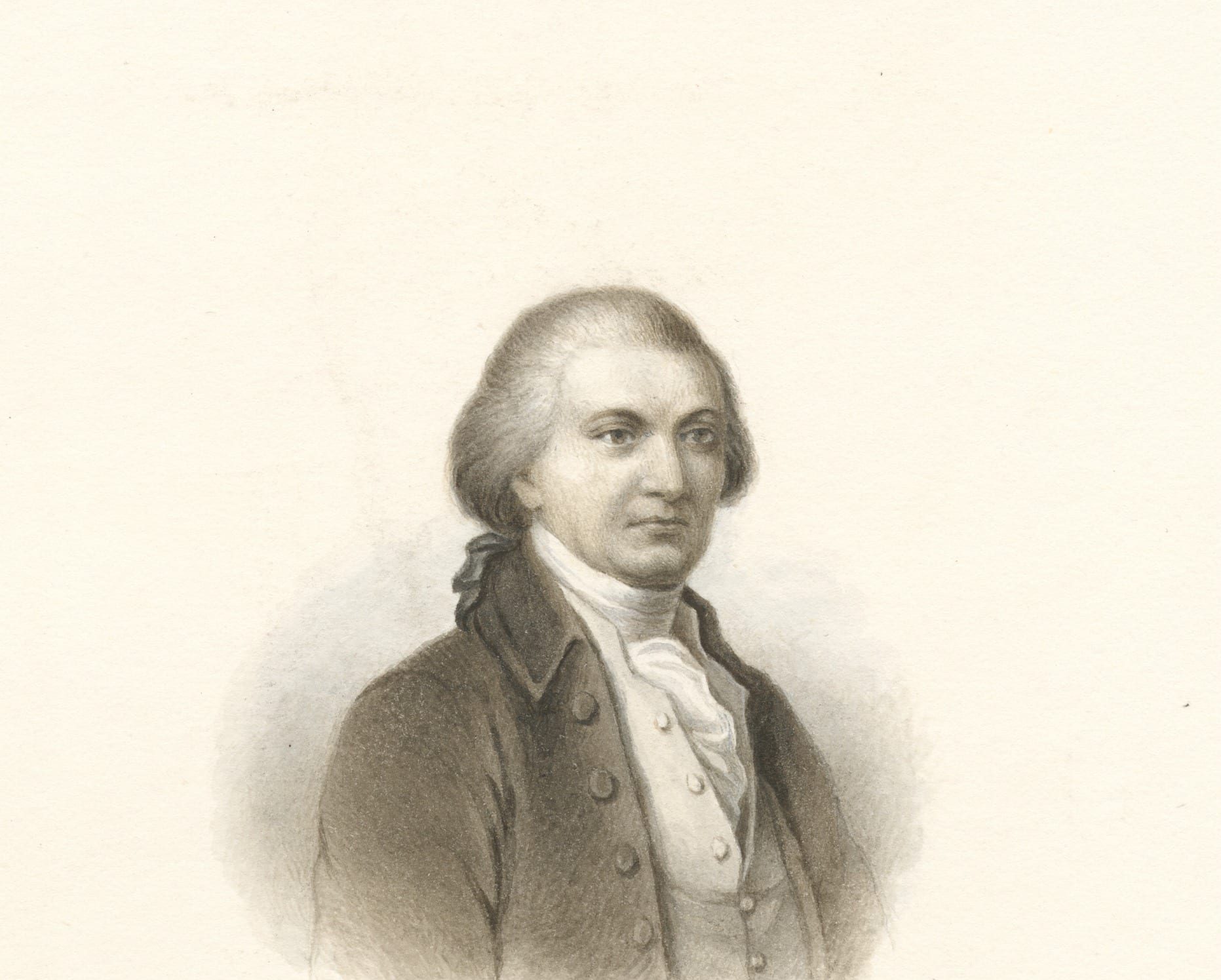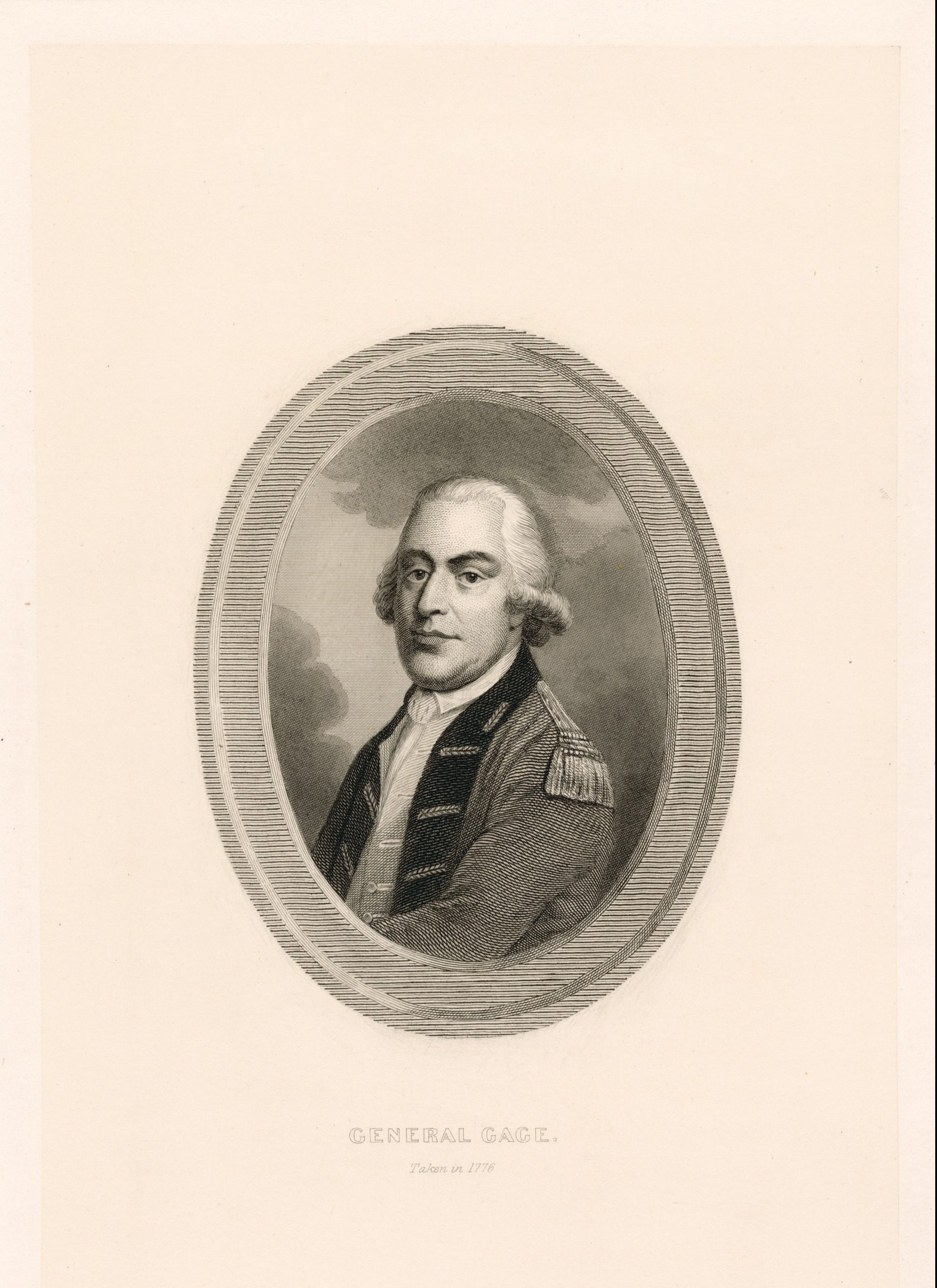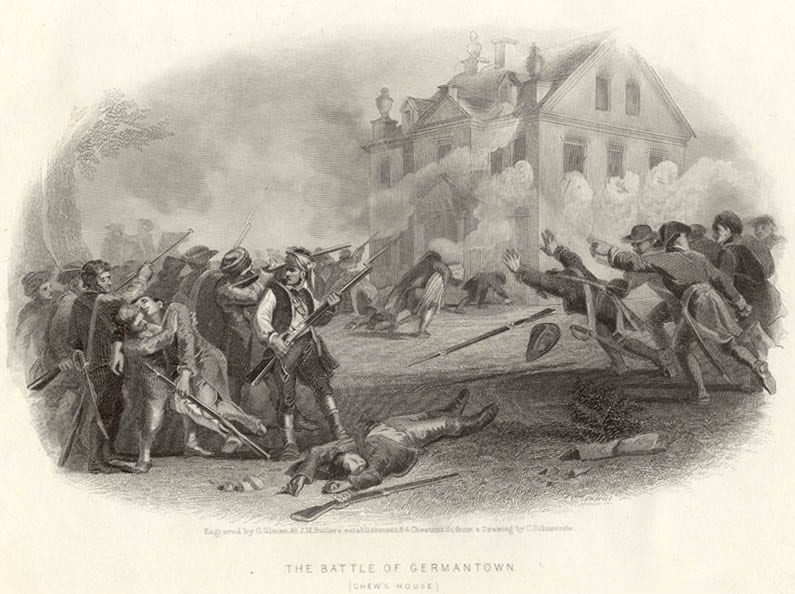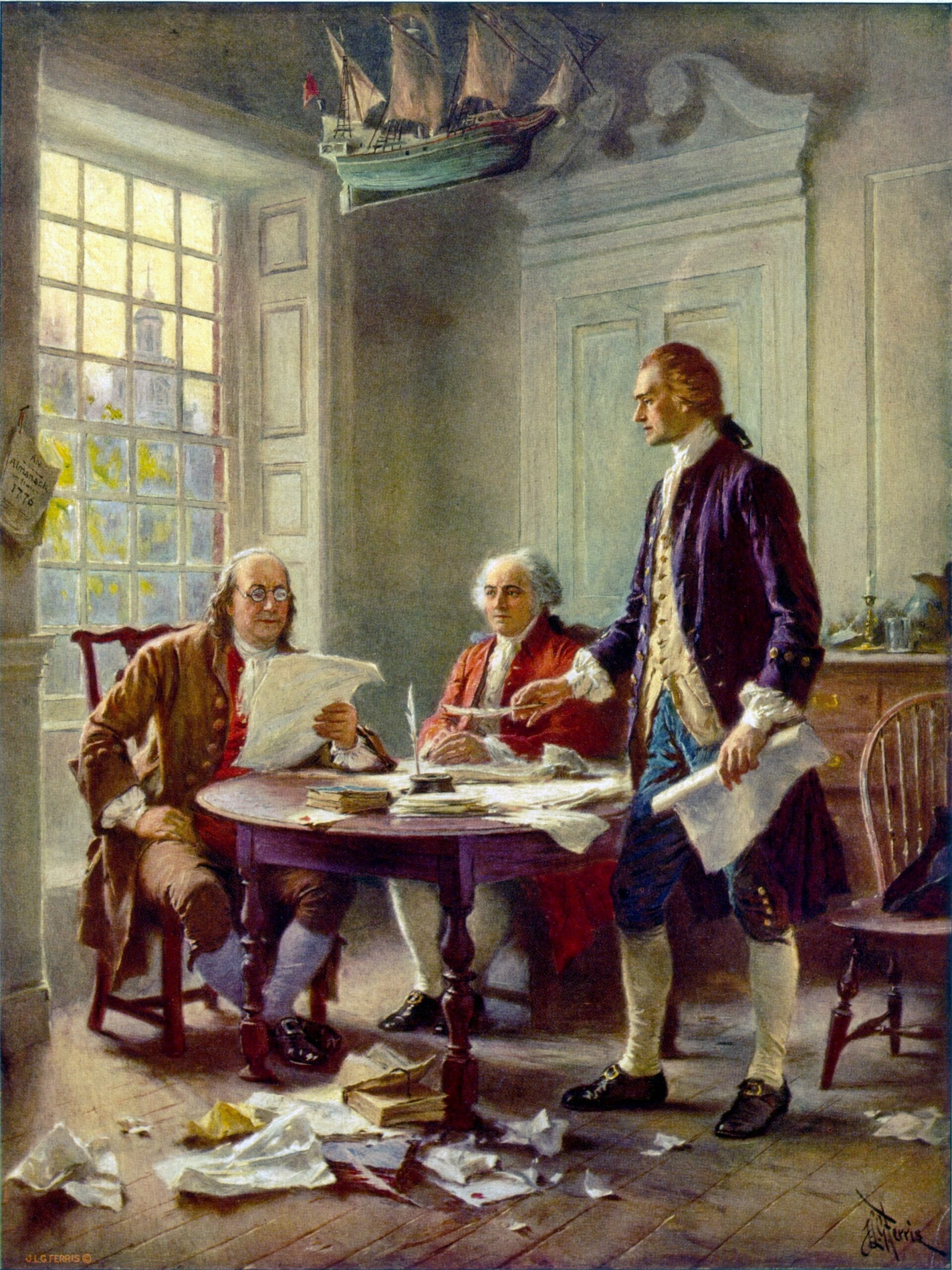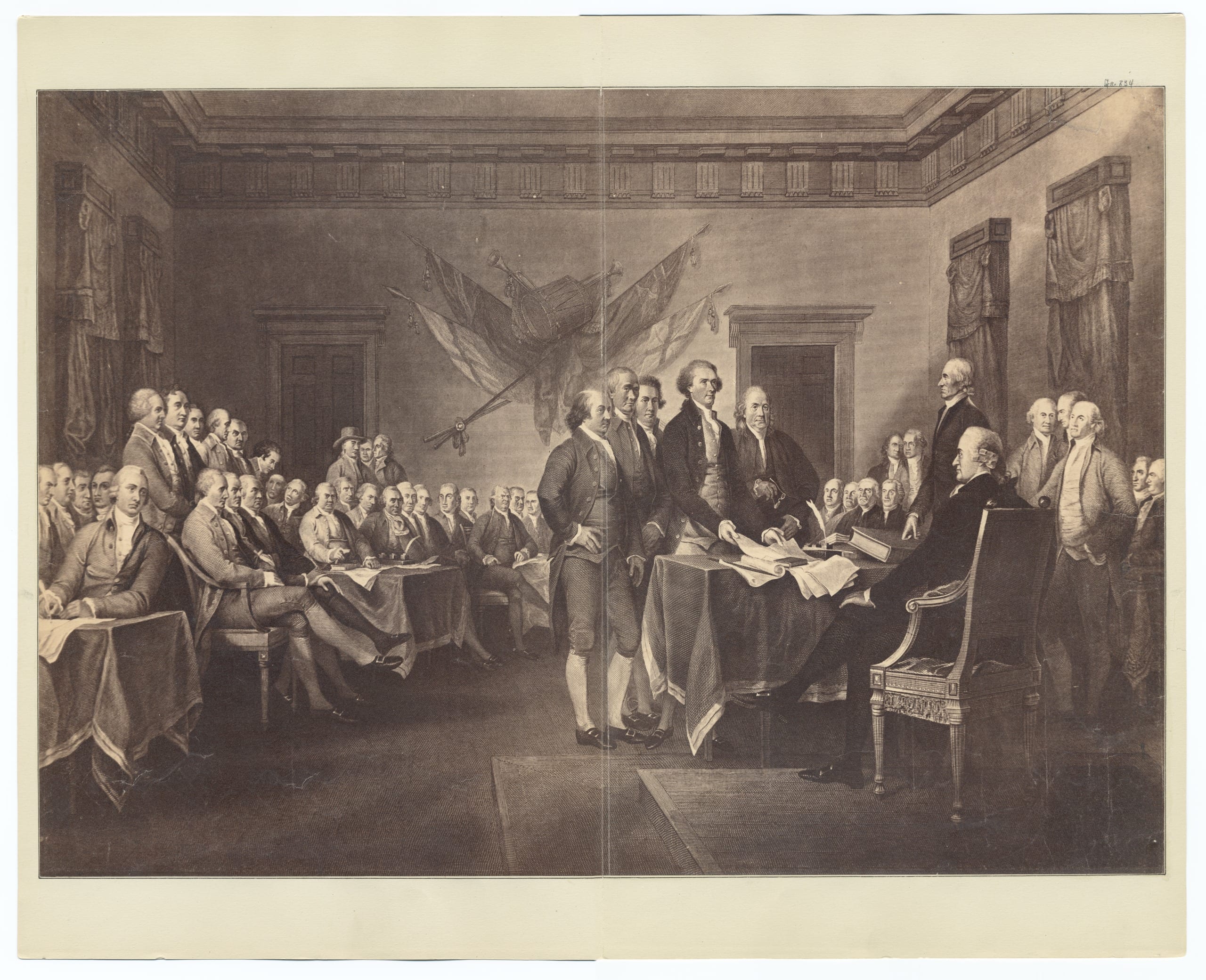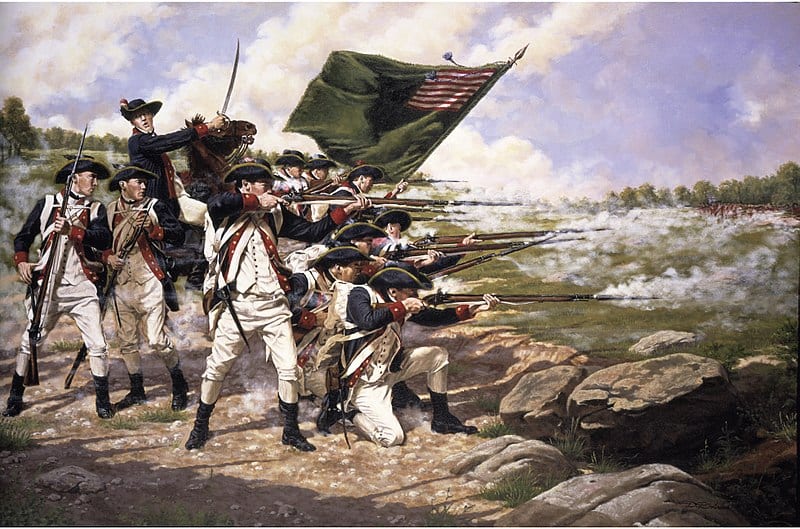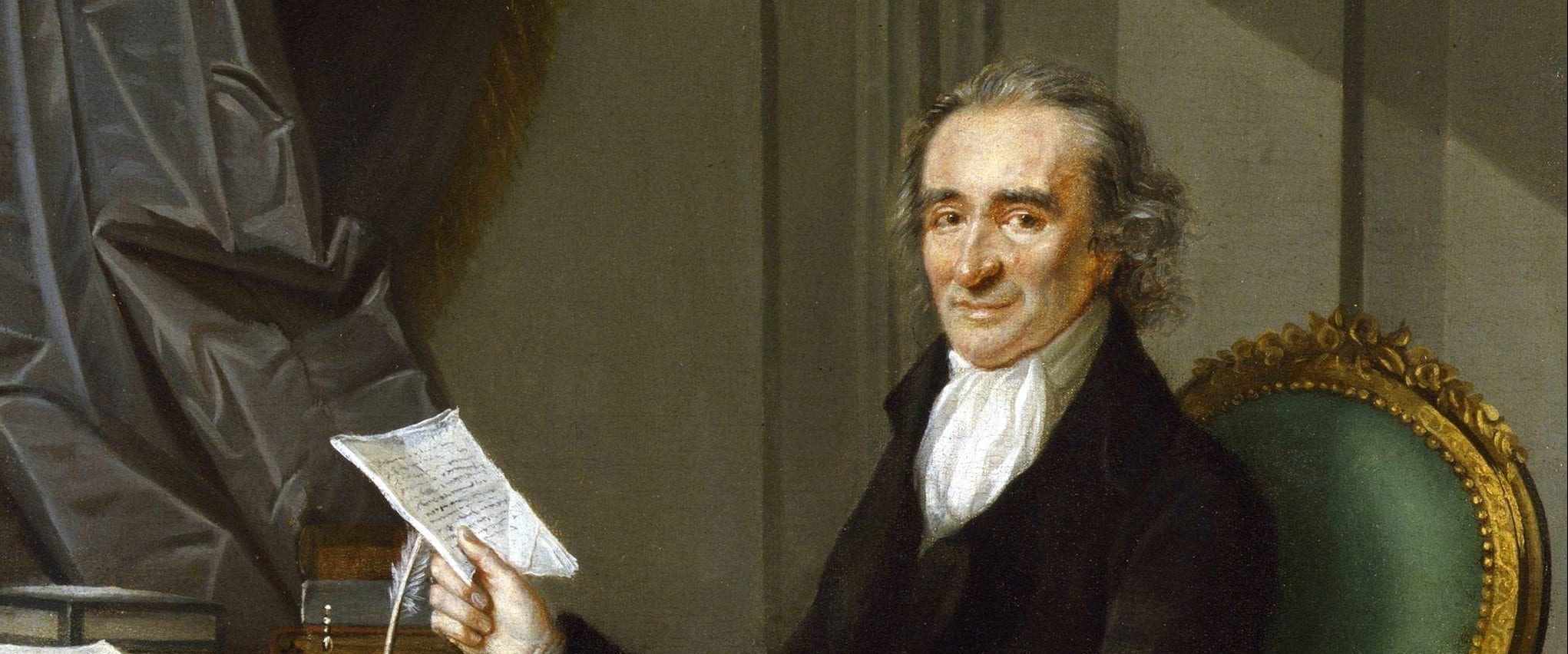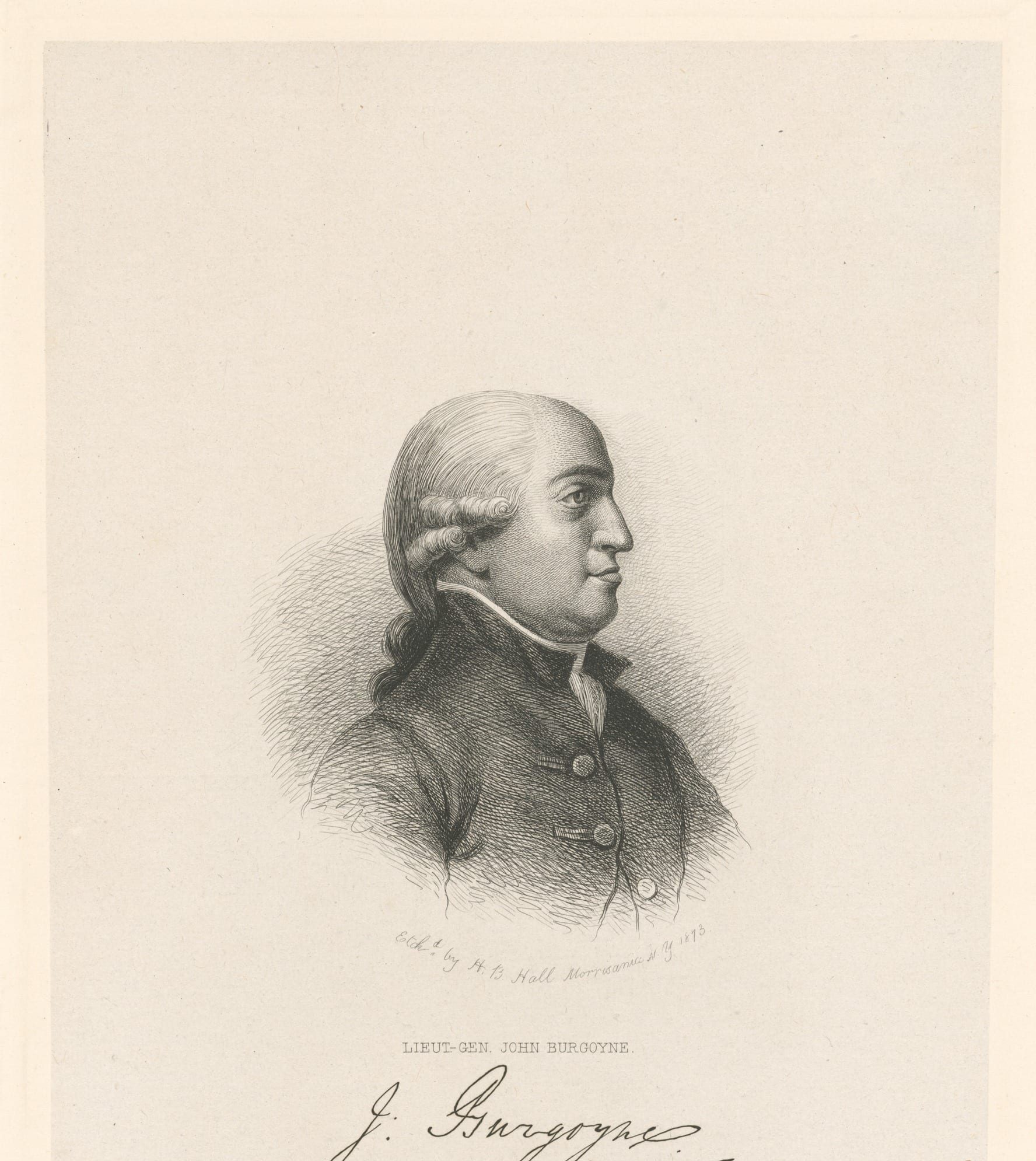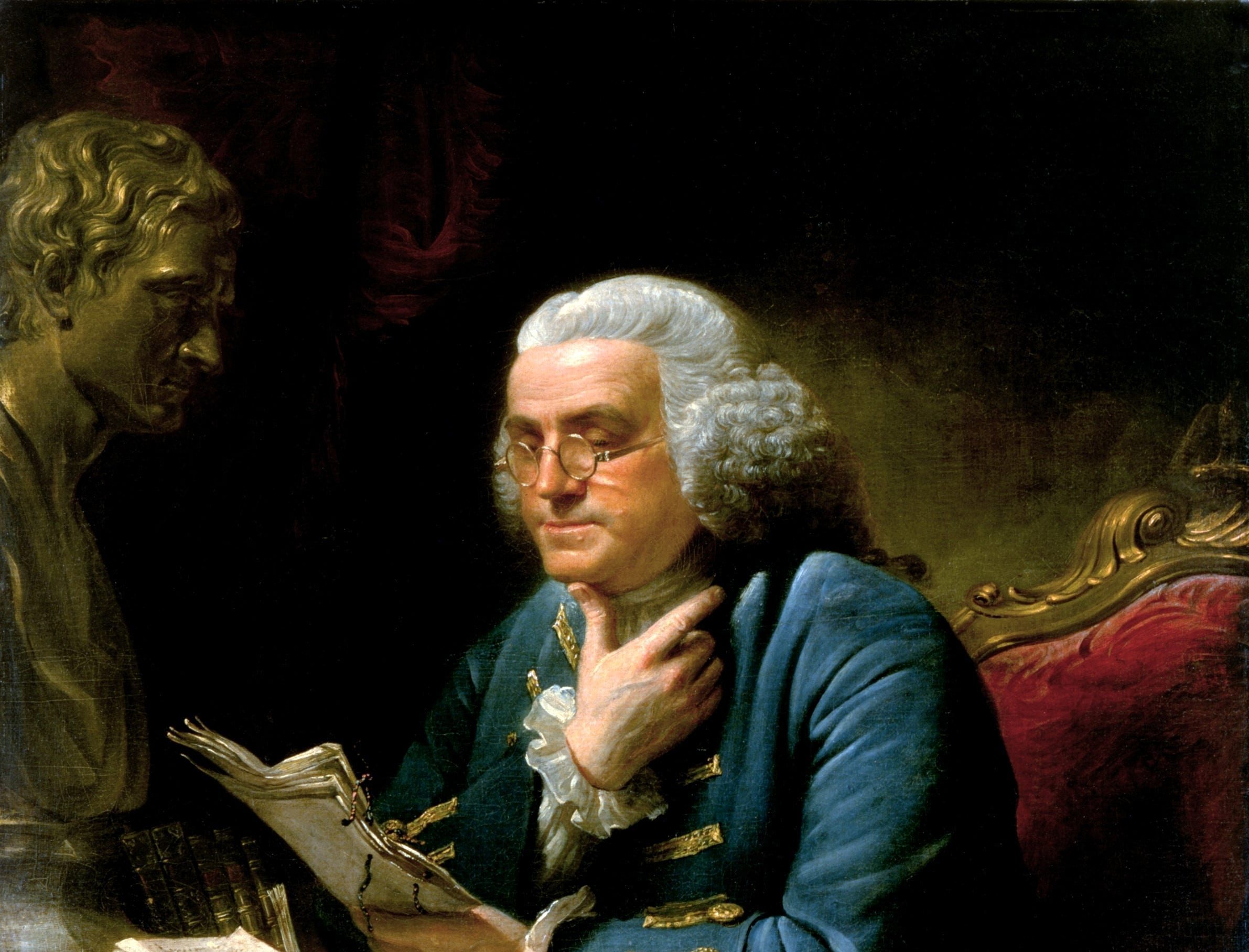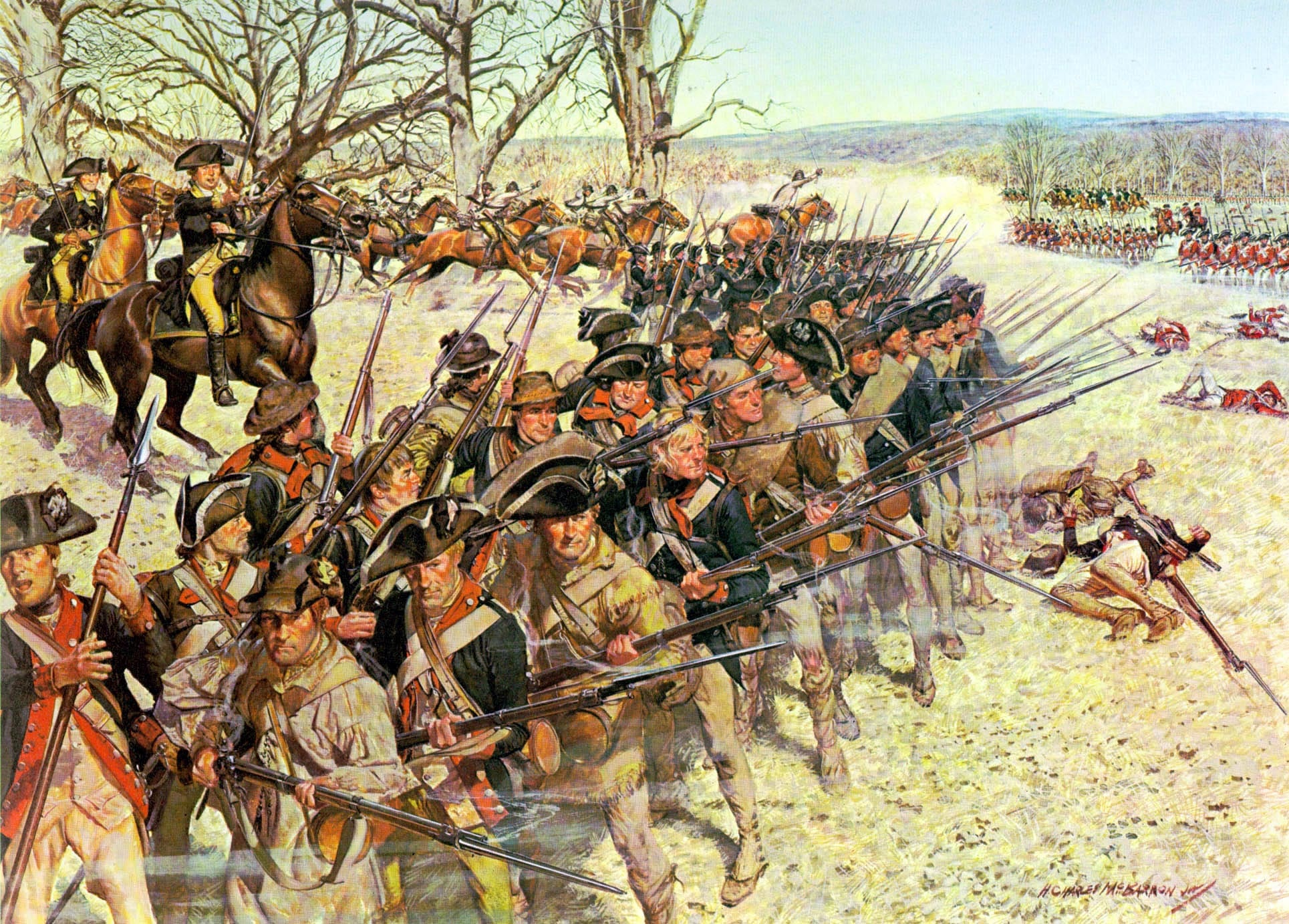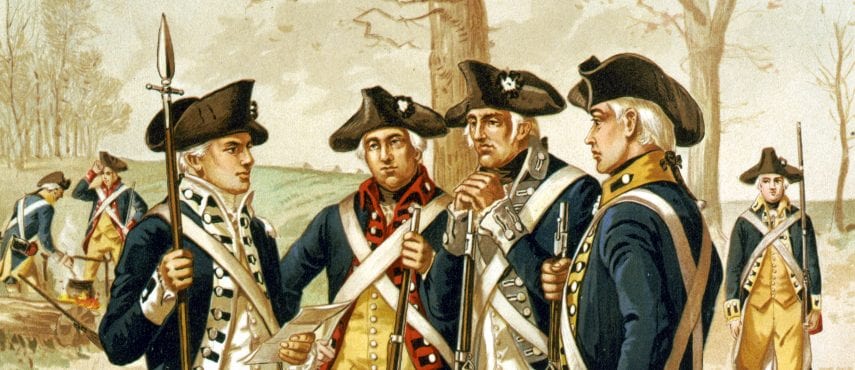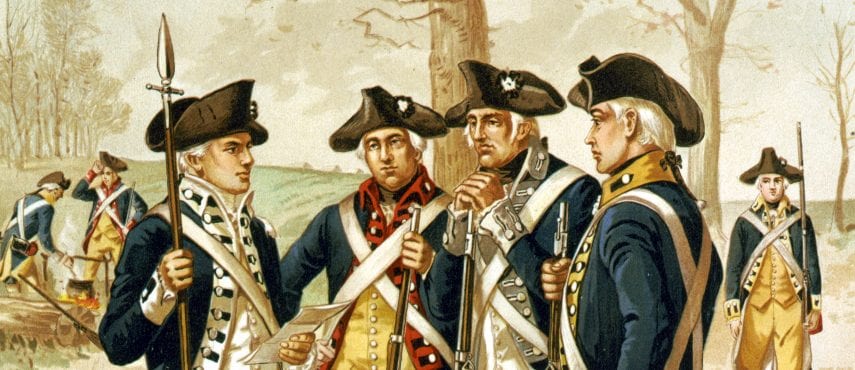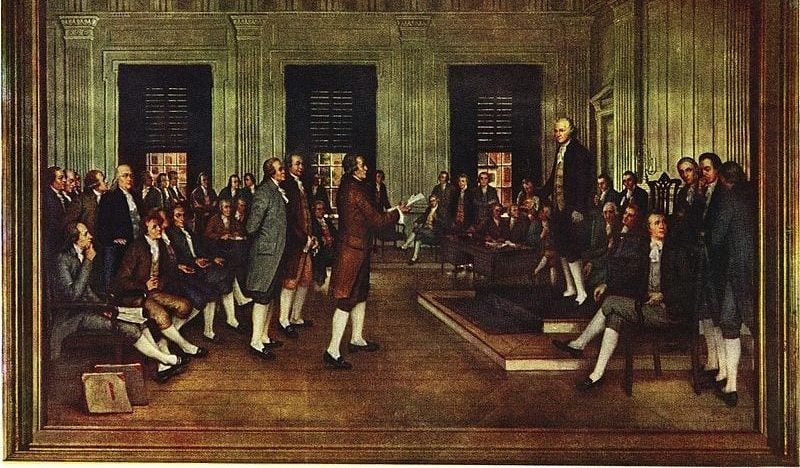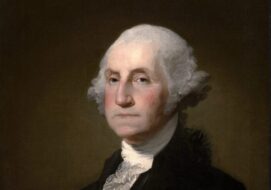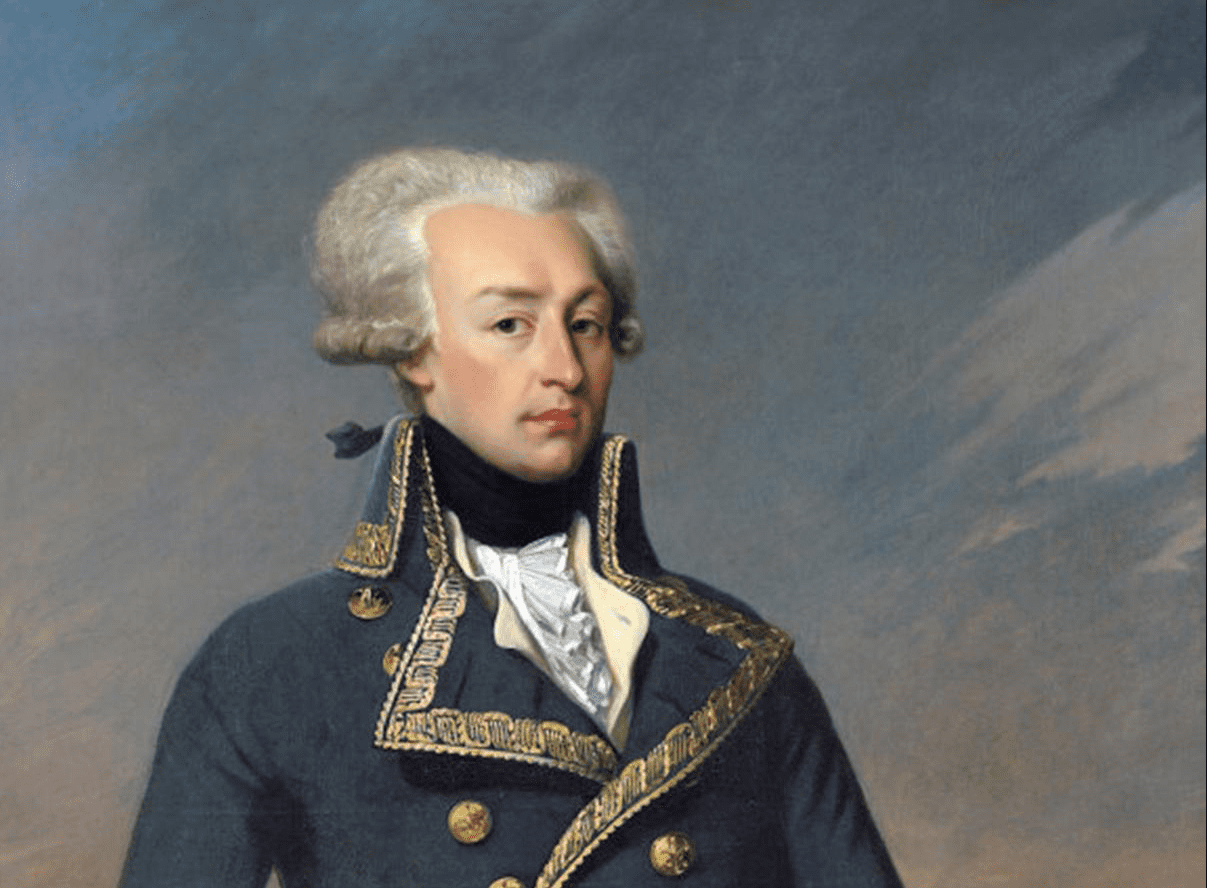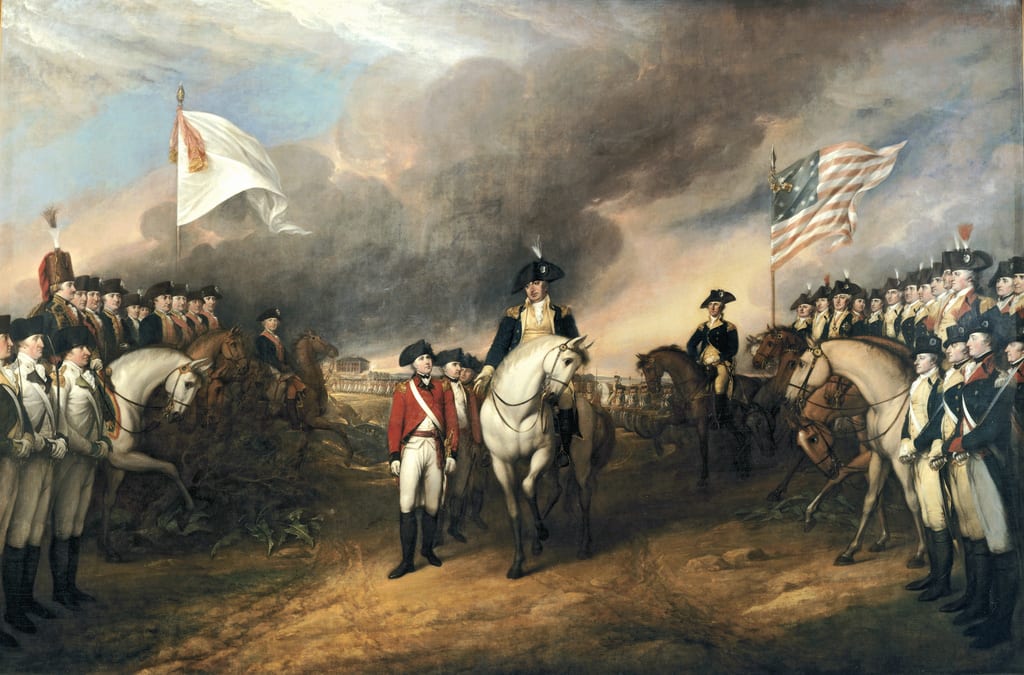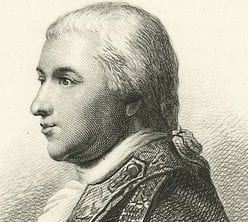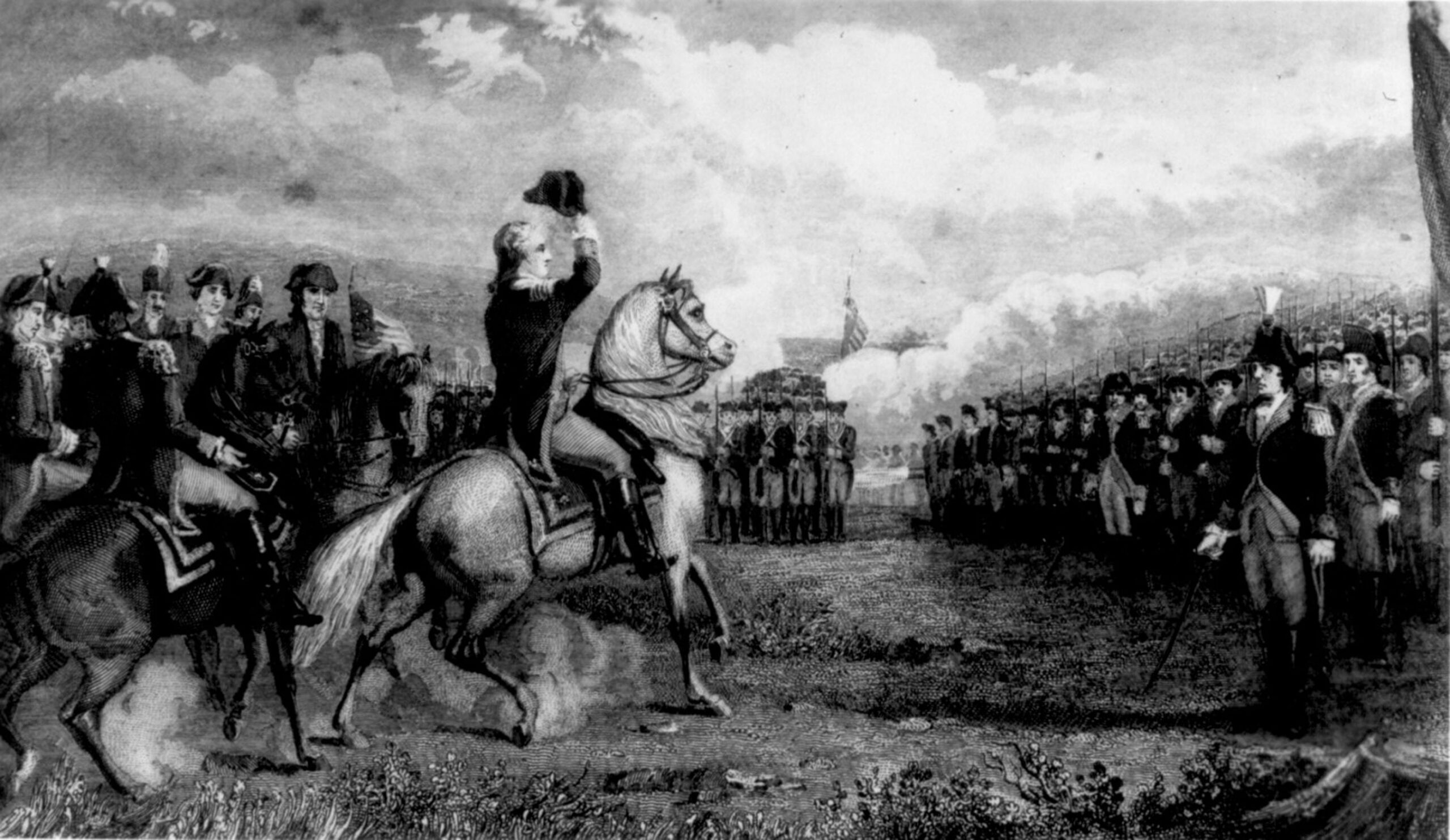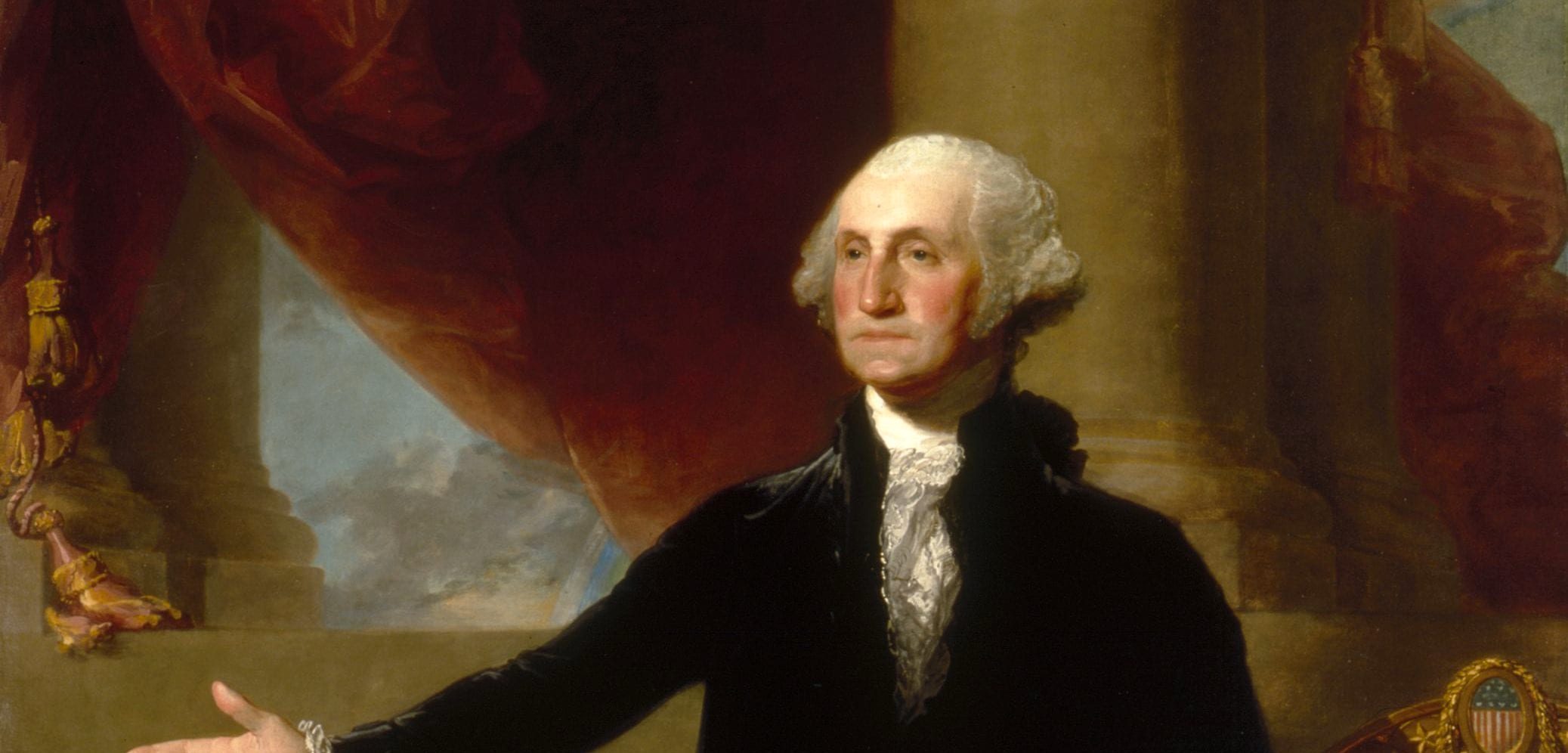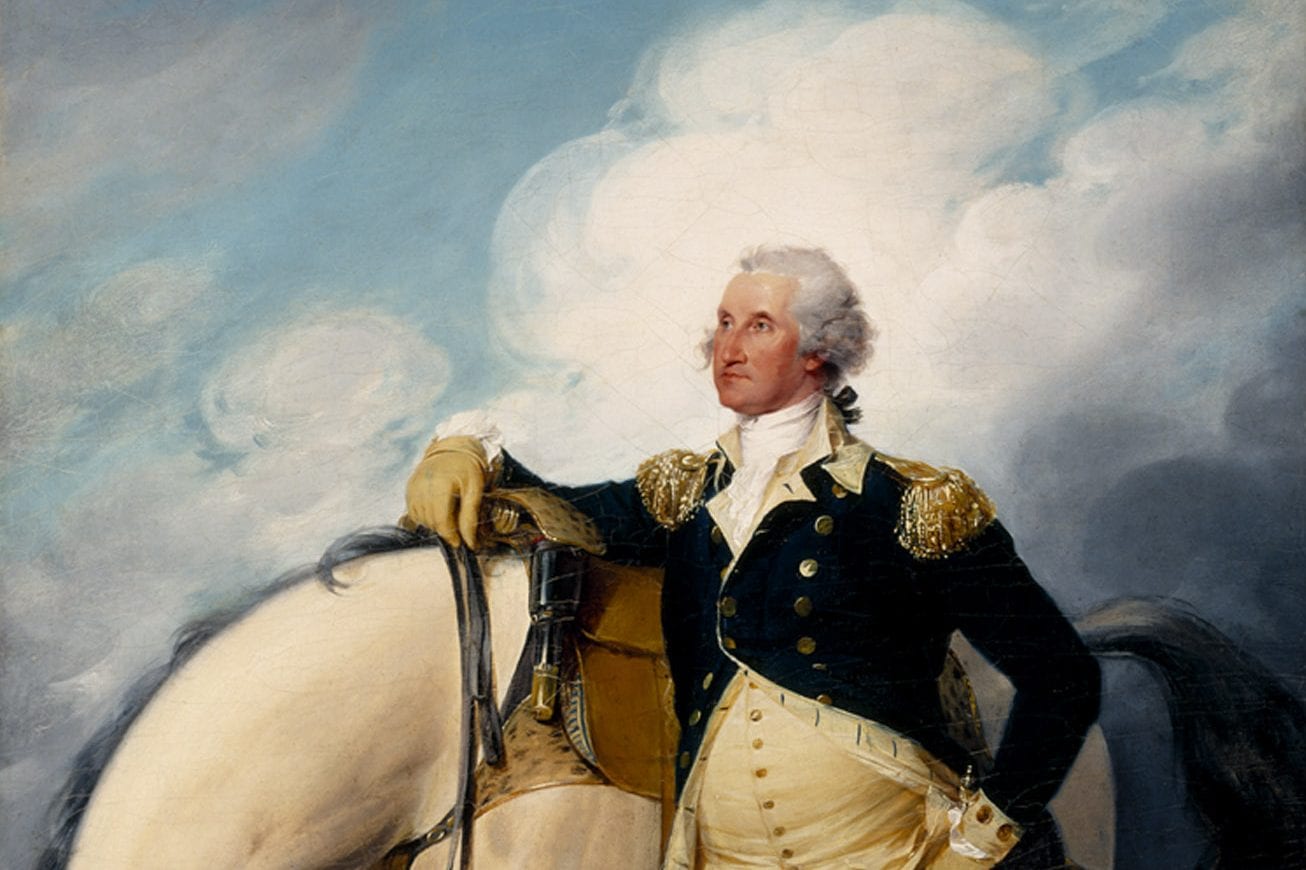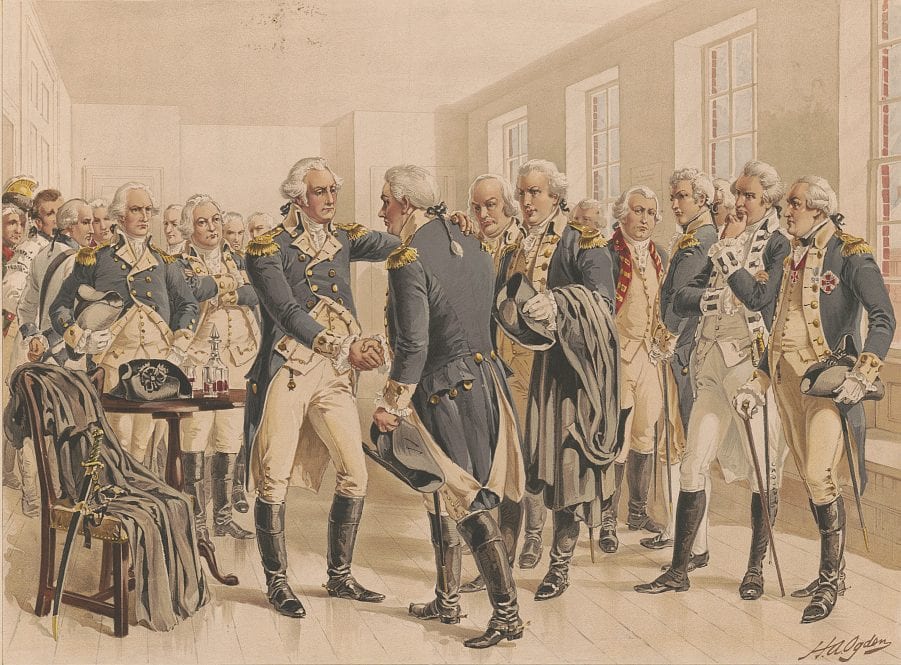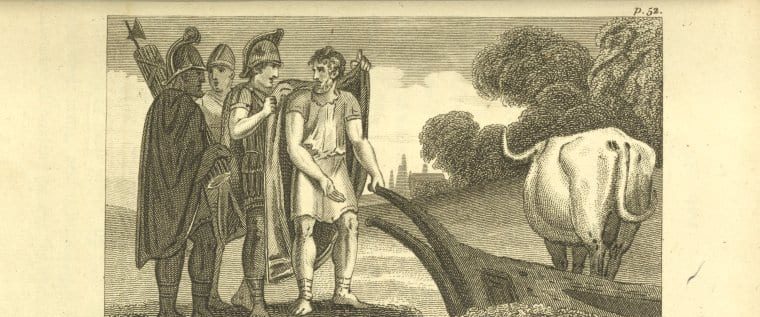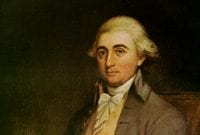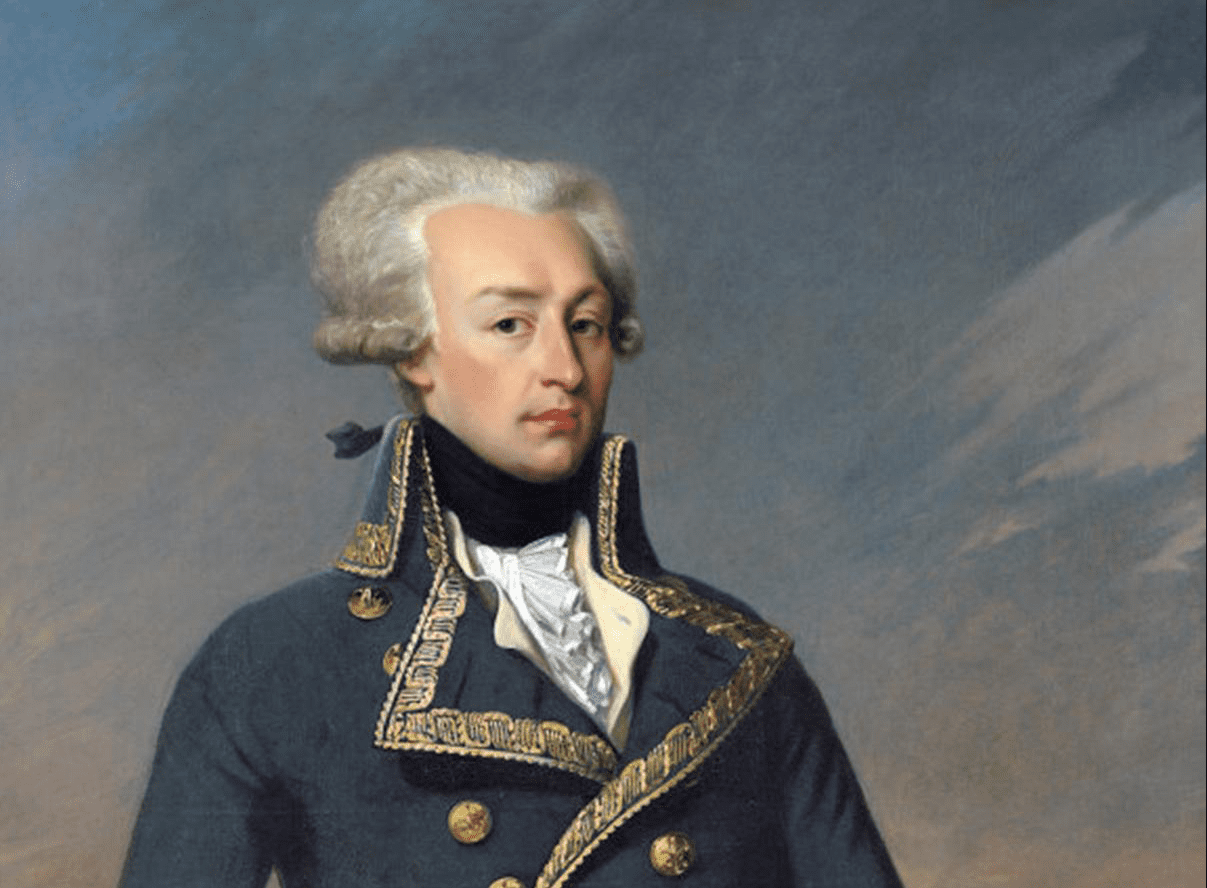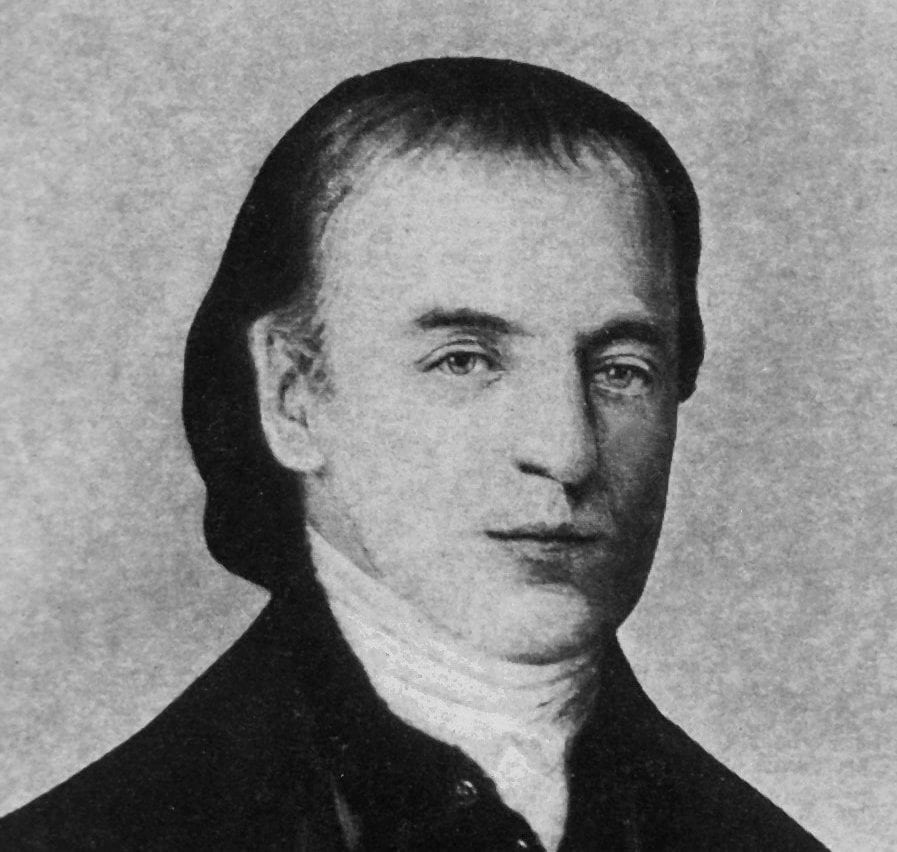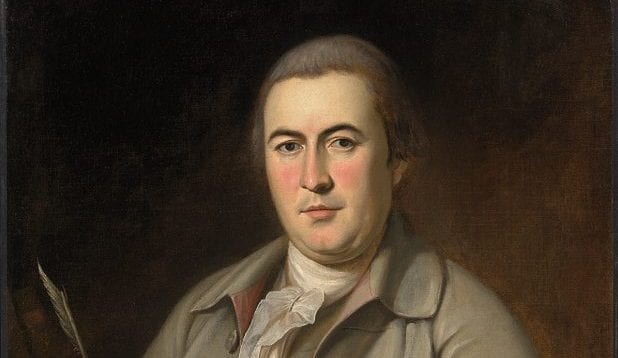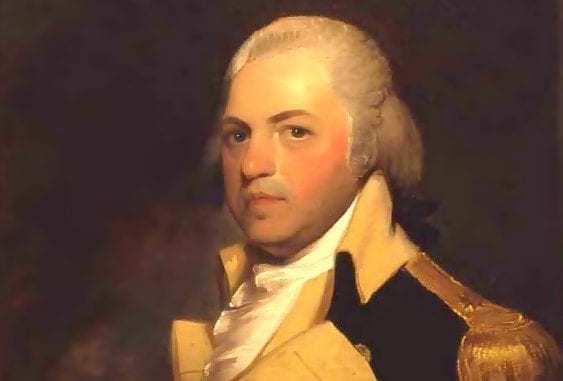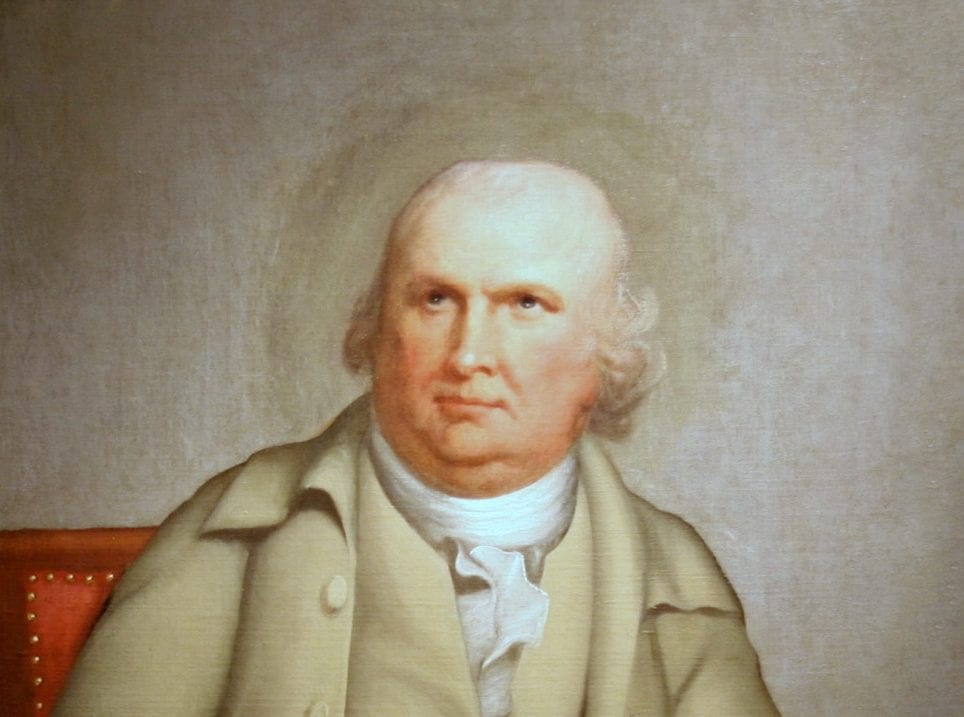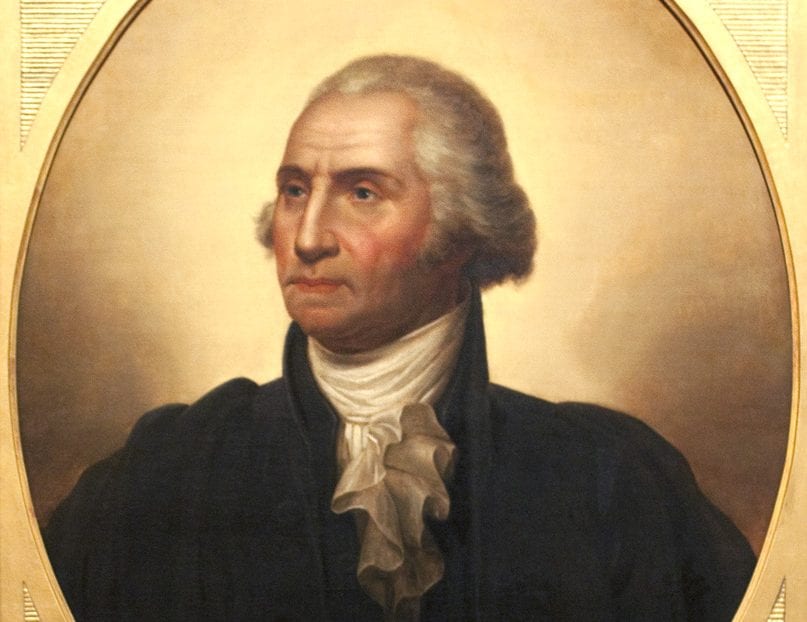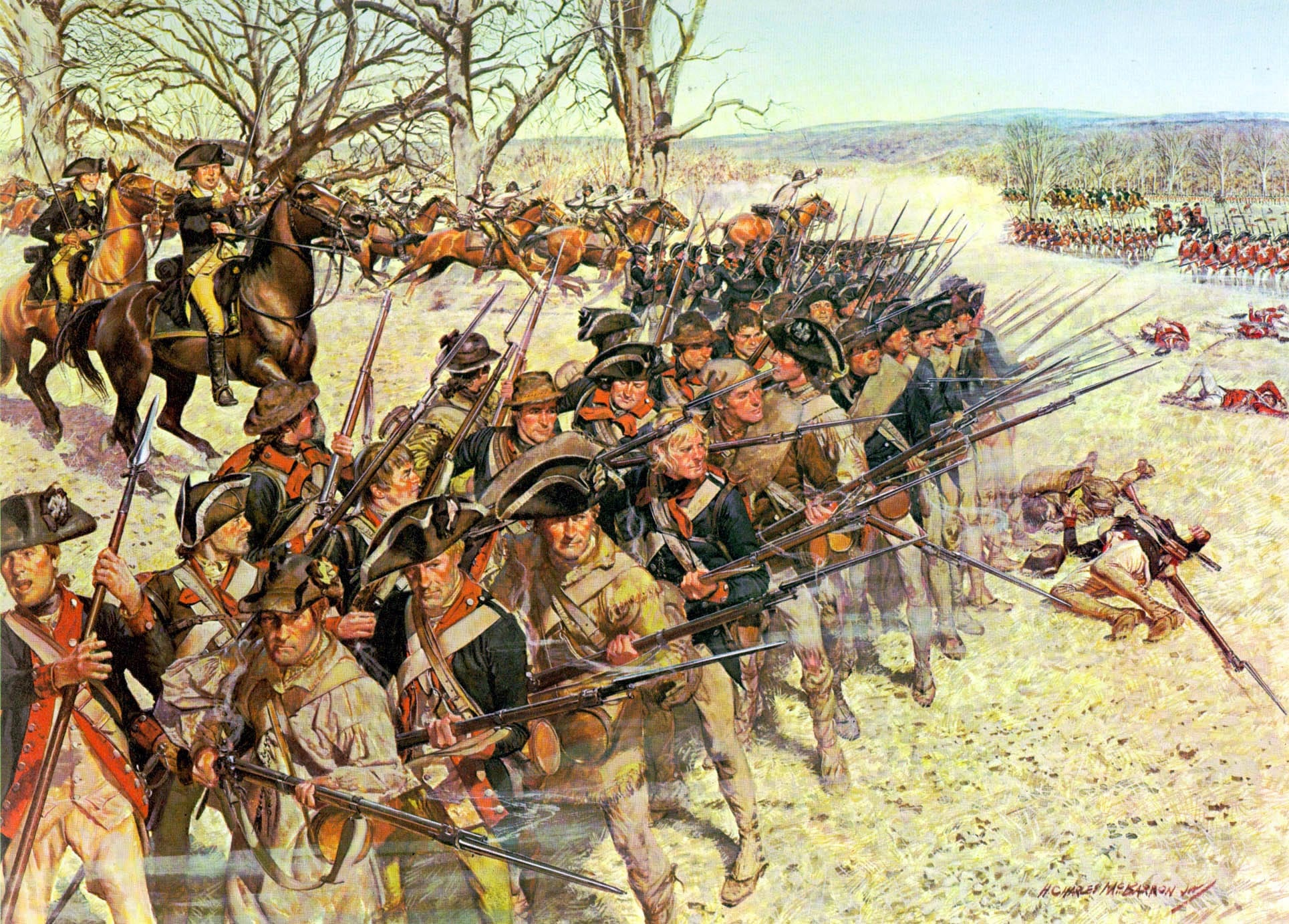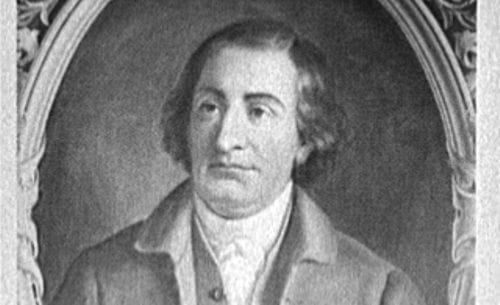
No study questions
No related resources
The first emigrants from England for colonising America, left the Mother Country at a time when the dread of arbitrary power was the predominant passion of the nation. Except the very modern charter of Georgia, in the year 1732, all the English Colonies obtained their charters and their greatest number of European settlers, between the years 1603 and 1688. In this period a remarkable struggle between prerogative and privilege commenced, and was carried on till it terminated in a revolution highly favourable to the liberties of the people. In the year 1621, when the English House of Commons claimed freedom of speech, “as their ancient and undoubted right, and an inheritance transmitted to them from their ancestors;” King James the First replied, “that he could not allow of their style, in mentioning their ancient and undoubted rights, but would rather have wished they had said, that their privileges were derived from the grace and permission of their sovereign.” This was the opening of a dispute which occupied the tongues, pens and swords, of the most active men in the nation, for a period of seventy years. It is remarkable that the same period is exactly co-incident with the settlement of the English Colonies. James, educated in the arbitrary sentiments of the divine right of Kings, conceived his subjects to be his property, and that their privileges were matters of grace and favour flowing, from his generosity. This high claim of prerogative excited opposition in support of the rights of the people. In the progress of the dispute, Charles the First, son of King James, in attempting to levy shipmoney, and other revenues without consent of Parliament, involved himself in a war with his subjects, in which, after various conflicts, he was brought to the block and suffered death as an enemy to the constitution of his country. Though the monarchy was restored under Charles the Second, and transmitted to James the Second, yet the same arbitrary maxims being pursued, the nation, tenacious of its rights, invited the Prince of Orange to the sovereignty of the island, and expelled the reigning family from the throne. While these spirited exertions were made, in support of the liberties of the parent isle, the English Colonies were settled, and chiefly with inhabitants of that class of people, which was most hostile to the claims of prerogative. Every transaction in that period of English history, supported the position that the people have a right to resist their sovereign, when he invades their liberties, and to transfer the crown from one to another, when the good of the community requires it.
The English Colonists were from their first settlement in America, devoted to liberty, on English ideas, and English principles. They not only conceived themselves to inherit the privileges of Englishmen, but though in a colonial situation, actually possessed them.
After a long war between King and Parliament, and a Revolution-these were settled on the following fundamental principles. “That it was the undoubted right of English subjects, being freemen or freeholders, to give their property, only by their own consent. That the House of Commons exercised the sole right of granting the money of the people of England, because that house alone, represented them. That taxes were the free gifts of the people to meet together, and peaceably to consider of their grievances to petition for a redress of them, and finally, when intolerable grievances were unredressed, to seek relief, on the failure of petitions and remonstrances, by forcible means.”
Opinions of this kind generally prevailing, produced, among the colonists, a more determined spirit of opposition to all encroachments on their rights, than would probably have taken place, had they emigrated from the Mother Country in the preceding century, when the doctrines of passive obedience, non resistance, and the divine right of kings, were generally received.
That attachment to their sovereign, which was diminished in the first emigrants to America, by being removed to a great distance from his influence was still farther diminished, in their descendants. When the American revolution commenced, the inhabitants of the colonies were for the most part, the third and fourth, and sometimes the fifth or sixth generation, from the original emigrants. In the same degree as they were removed from the parent stock, they were weaned from that partial attachment, which bound their forefathers to the place of their nativity. The affection for the Mother Country, as far as it was a natural passion, wore away in successive generations, till at last it had scarcely any existence.
That mercantile intercourse, which connects different countries, was in the early periods of the English Colonies, far short of that degree, which is necessary to perpetuate a friendly union. Had the first great colonial establishments been made in the Southern Provinces, where the suitableness of native commodities would have maintained a brisk and direct trade with England-the constant exchange of good offices between the two countries, would have been more likely to perpetuate their friendship. But as the Eastern Provinces were the first, which were thickly settled, and they did not for a long time cultivate an extensive trade with England, their descendants speedily lost the fond attachment, which their forefathers felt to their Parent State. The bulk of the people in New England knew little of the Mother Country, having only heard of her as a distant kingdom, the rulers of which, had in the preceding century, persecuted and banished their ancestors to the woods of America.
The distance of America from Great Britain generated ideas, in the minds of the colonists, favourable to liberty. Three thousand miles of ocean separated them from the Mother Country. Seas rolled, and months passed, between orders, and their execution. In large governments the circulation of power is enfeebled at the extremities. This results from the nature of things, and is the eternal law of extensive or detached empire. Colonists, growing up to maturity, at such an immense distance from the seat of government, perceived the obligation of dependence much more feebly, than the inhabitants of the parent isle, who not only saw, but daily felt, the fangs of power. The wide extent and nature of the country contributed to the same effect. The natural seat of freedom is among high mountains, and pathless deserts, such as abound in the wilds of America.
The religion of the colonists also nurtured a love for liberty. They were chiefly protestants, and all protestantism is founded on a strong claim to natural liberty, and the right of private judgment. A majority of them were of that class of men, who, in England, are called Dissenters. Their tenets, being the protestantism of the protestant religion, are hostile to all jealousy for civil liberty. They who belonged to the Church of England were for the most part independents, as far as church government and hierarchy, were concerned. They used the liturgy of that church, but were without Bishops, and were strangers to those systems, which make religion an engine of state. That policy, which unites the lowest curate with the greatest metropolitan, and connects both with the sovereign, was unknown among the colonists. Their religion was their own, and neither imposed by authority, nor made subservient to political purposes. Though there was a variety of sects, they all agreed in the communion of liberty, and all reprobated the courtly doctrines of passive obedience, and nonresistance. The same dispositions were fostered by the usual modes of education in the colonies. The study of law was common and fashionable. The infinity of disputes, in a new and free country, made it lucrative, and multiplied its followers. No order of men has, in all ages, been favourable to liberty, than lawyers. Where they are not won over to the service of government, they are formidable adversaries to it. Professionally taught the rights of human nature, they keenly and quickly perceive every attack made on them. While others judge of bad principles by the actual grievances they occasion, lawyers discover them at a distance, and trace future mischiefs from gilded innovations.
The reading of those colonists who were inclined to books, generally favoured the cause of liberty. Large libraries were uncommon in the New World. Disquisitions on abstruse subjects, and curious researches into antiquity, did not accord with the genius of a people, settled in an uncultivated country, where every surrounding object impelled to action, and little leisure was left for speculation. Their books were generally small in size, and few in number: A great part of them consisted of those fashionable authors, who have defended the cause of liberty. Catos’ letters, the Independent Whig, and such productions, were common in one extreme of the colonies, while in the other, histories of the Puritans, kept alive the rememberance of the sufferings of their forefathers, and inspired a warm attachment, both to the civil and the religious rights of human nature.
In the Southern Colonies, slavery nurtured a spirit of liberty, among the free inhabitants. All masters of slaves who enjoy personal liberty will be both proud and jealous of their freedom. It is, in their opinion, not only an enjoyment, but a kind of rank and privilege. In them, the haughtiness of domination, combines with the spirit of liberty. Nothing could more effectually animate the opposition of a planter to the claims of Great-Britain, than a conviction that those claims in their extent, degraded him to a degree of dependence on his fellow subjects, equally humiliating with that which existed between his slaves and himself.
The state of society in the Colonies favoured a spirit of liberty and independence. Their inhabitants were all of one rank, Kings, Nobles and Bishops, were unknown among them. From their first settlement, the English Provinces received impressions favourable to democratic forms of government. Their dependent situation forbad any inordinate ambition among their native sons, and the humility of their society, abstracted as they were from the splendor and amusements of the Old World, held forth few allurements to invite the residence of such from the Mother Country as aspired to hereditary honors. In modern Europe, the remains of the feudal system have occasioned an order of men superior to that of the commonalty, but, as few of that class migrated to the Colonies, they were settled with the yeomanry. Their inhabitants, unaccustomed to that distinction of ranks, which the policy of Europe has established, were strongly impressed with an opinion, that all men are by nature equal. They could not easily be persuaded that their grants of land, or their civil rights, flowed from the munificence of Princes. Many of them had never heard of Magna Charta, and those who knew the circumstances of the remarkable period of English history, when that was obtained, did not rest their claims to liberty and property on the transactions of that important day. They looked up to Heaven as the source of their rights, and claimed, not from the promises of Kings but, from the parent of the universe. The political creed of an American Colonist was short but substantial. He believed that God made all mankind originally equal: That he endowed them with the rights of life, property, and as much liberty as was consistent with the rights of others. That he had bestowed on his vast family of the human race, the earth for their support, and that all government was a political institution between men naturally equal, not for the aggrandizement of one, or a few, but for the general happiness of the whole community. Impressed with sentiments of this kind, they grew up, from their earliest infancy, with that confidence which is well calculated to inspire a love for liberty, and a prepossession in favour of independence.
In consequence of the vast extent of vacant country, every colonist was, or easily might be, a freeholder. Settled on lands of his own, he was both farmer and landlord-producing all the necessaries of life from his own grounds, he felt himself both free and independent. Each individual might hunt, fish, or fowl, without injury to his neighbours. These immunities which, in old countries, are guarded by the sanction of penal laws, and monopolized by a few, are the common privileges of all, in America. Colonists, growing up in the enjoyment of such rights, felt the restraint of law more feebly than they, who are educated in countries, where long habits have made submission familiar. The mind of man naturally relishes liberty- Where from the extent of a new and unsettled country, some abridgements thereof are useless, and others impracticable, the natural desire of freedom is strengthened, and the independent mind revolts at the idea of subjection.
The Colonists were also preserved from the contagion of ministerial influence by their distance from the metropolis. Remote from the seat of power and corruption, they were not over-awed by the one, nor debauched by the other. Few were the means of detaching individuals from the interest of the public. High offices, were neither sufficiently numerous nor lucrative to purchase many adherents, and the most valuable of these were conferred on natives of Britain. Every man occupied that rank only, which his own industry, or that of his near ancestors, had procured him. Each individual being cut off from all means of rising to importance, but by his personal talents, was encouraged to make the most of those with which he was endowed. Prospects of this kind excited emulation, and produced an enterprising laborious set of men, not easily overcome by difficulties, and full of projects for bettering their condition.
The enervating opulence of Europe had not yet reached the colonists. They were destitute of gold and silver, but abounded in the riches of nature. A sameness of circumstances and occupations created a great sense of equality, and disposed them to union in any common cause, from the success of which, they might expect to partake of equal advantages.
The colonies were communities of separate independent individuals, under no general influence, but that of their personal feelings and opinions. They were not led by powerful families, nor by great officers, in church or state. Residing chiefly on lands of their own, and employed in the wholesome labours of the field, they were in a great measure strangers to luxury. Their wants were few, and among the great bulk of the people, for the most part, supplied from their own grounds. Their enjoyments were neither far-fetched, nor dearly purchased, and were so moderate in their kind, as to leave both mind and body impaired. Inured from their early years to the toils of a country life, they dwelled in the midst of rural plenty. Unacquainted with ideal wants, they delighted in personal independence. Removed from the pressures of indigence, and the indulgence of affluence, their bodies were strong, and their minds vigorous.
The great bulk of the British colonists were farmers, or planters, who were also proprietors of the soil. The merchants, mechanics and the whole number of inhabitants. While the cultivators of the soil depend on nothing of inhabitants. While the cultivators of the soil of men contract more or less of servility, from depending on the caprice of their customers. The excess of the farmers over the collective numbers of all the other inhabitants, gave a cast of independence to the manners of the people, and diffused the exalting sentiments, which have always predominated among those, who are cultivators of their own grounds. These were farther promoted by their moderate circumstances, which deprived them of all superfluity for idleness, or effeminate indulgence.
The provincial constitutions of the English colonies nurtured a spirit of liberty. The King and government of Great-Britain held no patronage in America, which would create a portion of attachment and influence, sufficient to counteract that spirit in popular assemblies, which, when left to itself, illy brooks any authority, that intereferes with its own.
The inhabitants of the colonies from the beginning, especially in New-England, enjoyed a government, which was but little short of being independent. They had not only the image, but the substance of the English constitution. They chose most of their magistrates, and paid them all. They had in effect the sole direction of their internal government. The chief mark of their subordination consisted in their making no laws repugnant to the laws of their Mother Country.- Their submitting such laws as they made to be repealed by the King, and their obeying such restrictions, as were laid on their trade, by parliament. The latter were often evaded, and with impunity. The other small check were scarcely felt, and for a long time were in no respects to their interests.
Under these favourable circumstances, colonists in the new world had advanced nearly to the magnitude of a nation, while the greatest part of Europe was almost wholly ignorant of their progress. Some arbitrary proceedings of governors, proprietary partialities, or democratical jealousies, now and then, interrupted the political claim, which generally prevailed among them, but these and other occasional impediments of their prosperity, for the most part, soon subsided. The circumstances of the country afforded the little scope for the intrigues of politician, or the turbulence of demagogues. The colonists being remotely affected by the bustling of the old world, and having but few objects of ambition or contention among themselves, were absorbed in the ordinary cares of domestic life, and for a long time exempted from a great proportion of those evils, which the governed too often experience, from the passions and follies of statesmen. But all this time they were rising higher, and though not sensible of it, growing to a greater degree of political consequence…
Immediately after the peace of Paris, 1763, a new scene was opened. The national debt of Great-Britain, then amounted to 148 millions, for which an interest of nearly 5 millions, was annually paid. While the British minister was digesting plans for diminishing this amazing load of debt, he conceived the idea of raising a substantial revenue in the British colonies, from taxes laid by the parliament of the parent state. On the one hand it was urged that the late war originated on account of the colonies-that it was reasonable, more especially as it had terminated in a manner so favourable to their interest, that they should contribute to the defraying of the expences it had occasioned. Thus far both parties were agreed, but Great-Britain contended, that her parliament as the supreme power, was constitutionally vested with an authority to lay them on every part of the empire. This doctrine, plausible in itself, and conformable to the letter of the British constitution, when the whole dominions were represented in one assembly, was reprobated in the colonies, as contrary to the spirit of the same government, when the empire became so far extended, as to have many distinct representative assemblies. The colonists believed that the chief excellence of the British constitution consisted in the right of the subjects to grant, or withhold taxes, and in their having a share in enacting the laws, by which they were to be bound.
They conceived, that the superiority of the British constitution, to other forms of government was, not because their supreme council was called Parliament, but because, the people had a share in it, by appointing members, who constituted one of its consitituent branches, and without whose concurrence, no law, binding on them, could be enacted. In the Mother Country, it was asserted to be essential to the unity of the empire, that the British Parliament should have a right of taxation, over every part of the royal dominions.

Conversation-based seminars for collegial PD, one-day and multi-day seminars, graduate credit seminars (MA degree), online and in-person.











